A Satisfying Evening with the Scribes at SBIFF
Screenwriters from Some of the Year’s Best Films Talk About Their Trade, Trials, Tribulations, and Triumphs at Santa Barbara International Film Festival
Screenwriters from Some of the Year’s Best Films Talk About Their Trade, Trials, Tribulations, and Triumphs at Santa Barbara International Film Festival
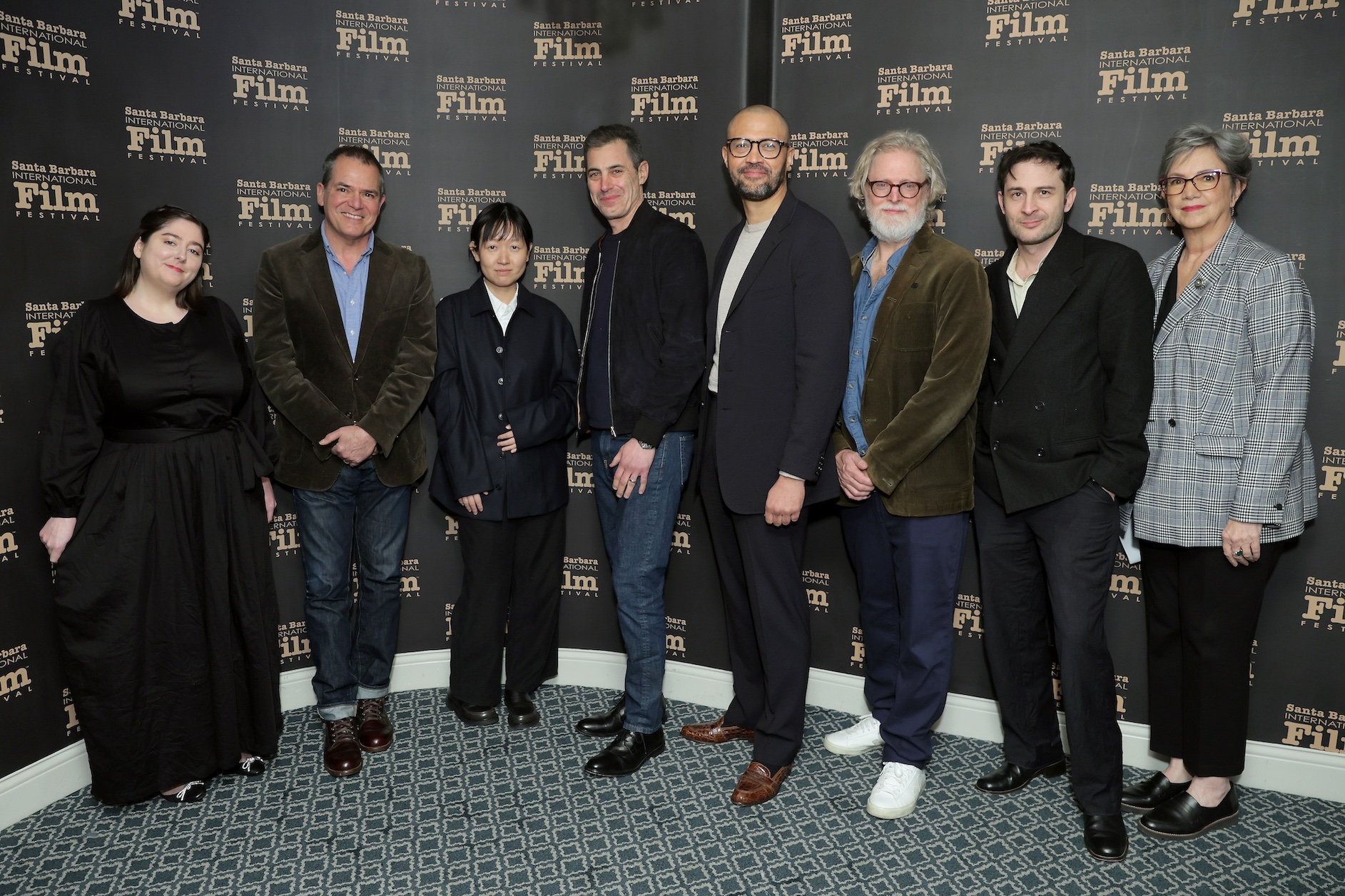
There’s an extremely satisfying cumulative effect that comes from attending lots of events at the Santa Barbara International Film Festival, especially having also seen almost all of the major movies that are being discussed. And out of all of the “here’s the inside scoop on filmmaking” offerings, one of my must-sees is the writers panel.
This year’s group — all of whom are nominated for Academy Awards — featured Samy Burch (May December), Cord Jefferson (American Fiction), Arthur Harari (Anatomy of a Fall), Dave Hemingson (The Holdovers), Tony McNamara (Poor Things), Josh Singer (Maestro), and Celine Song (Past Lives) — all smart, unique, and interesting people with, not surprisingly, insightful stories to share.
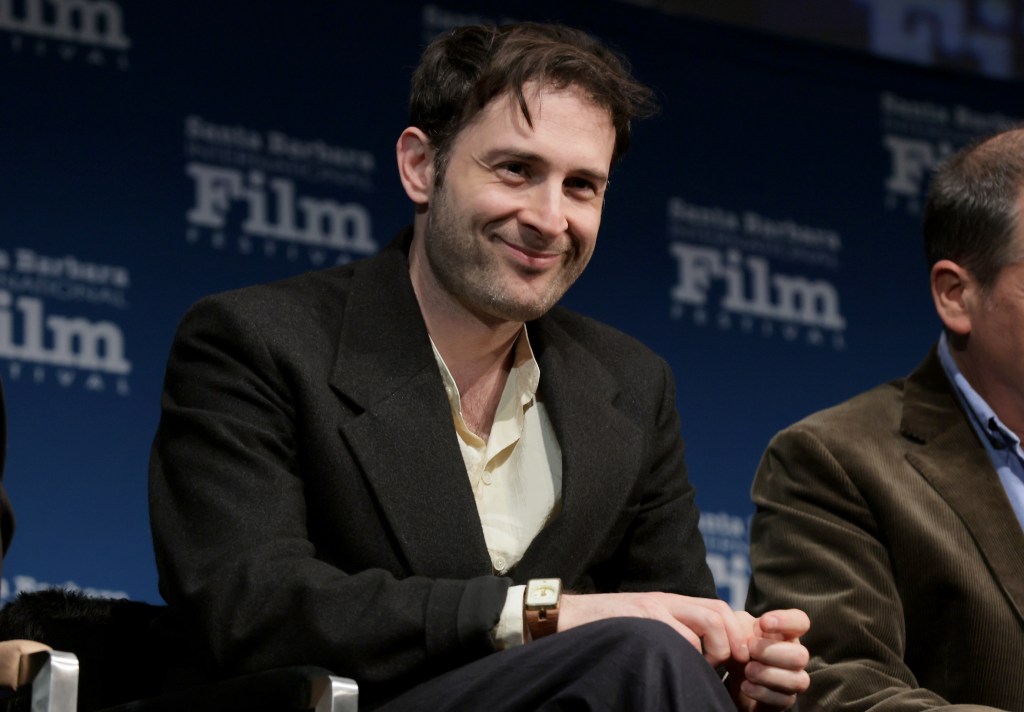
Having heard Anatomy of a Fall director and co-writer Justine Triet discuss the film at the Director of the Year Awards the night before, Harari’s perspective on the multi-layered movie that echoes some of their real life dynamics (the male and female characters in the film are also both writers that share children and a life together) was even more fascinating. A pandemic project developed while they were holed up in a house with two small kids and a little garden, Harari said, “we wrote night and day. When it’s during a pandemic you can work a lot.”
“And did you fight?” moderator Anne Thompson asked the Golden Globe winner, who made his directorial debut in 2016 with the crime drama Dark Inclusion, which he followed up in 2021 with the adventure drama Onoda: 10,000 Nights in the Jungle.
“You’re really asking this question, I’m offended,” said Harari in a heavily French accented voice. “Who doesn’t fight with their partner. Justine is very demanding.”
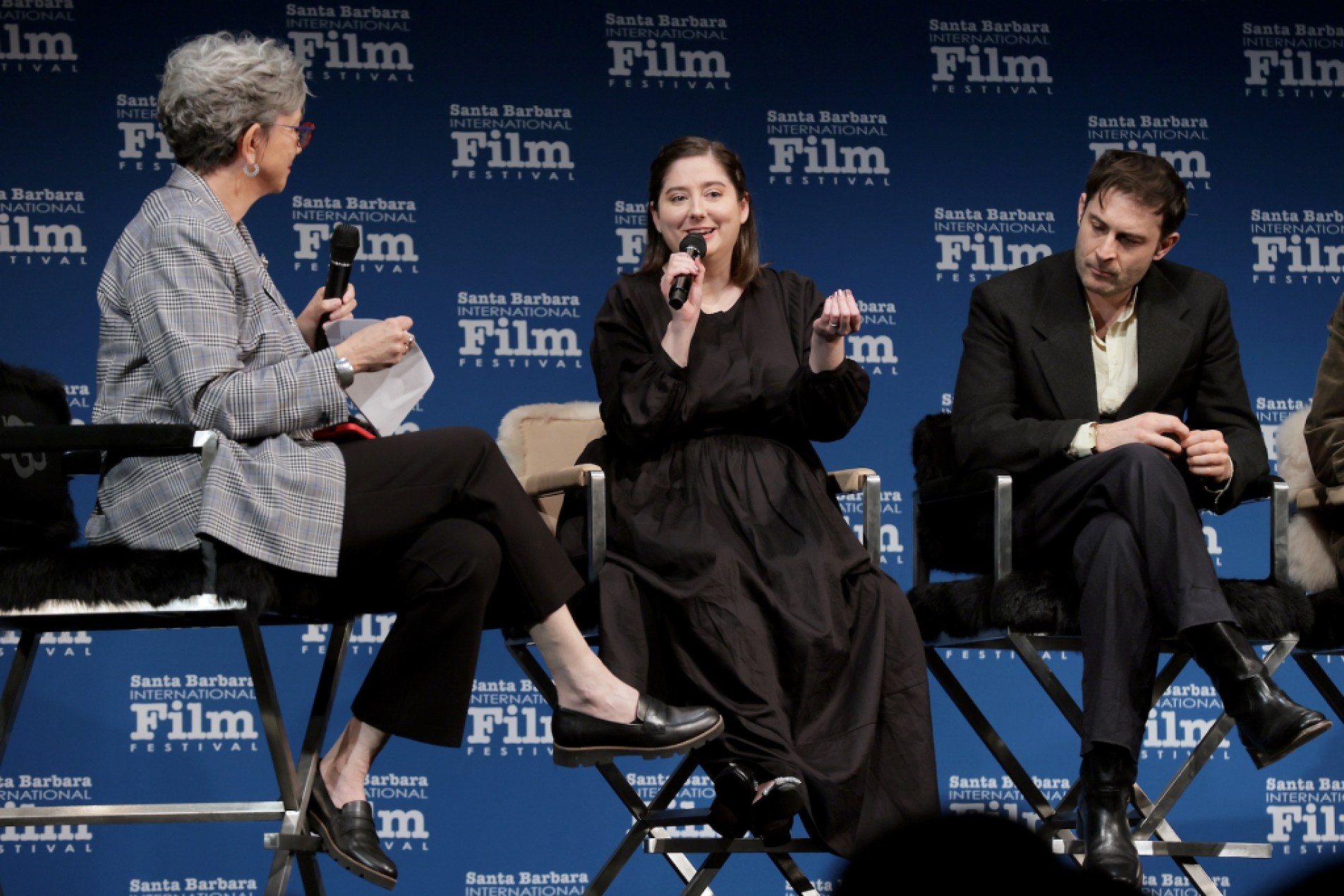
Samy Burch also worked with life partner (now husband) Alex Mechanik on May December — whose breakout star Charles Melton shared some of his experiences working with director Todd Haynes and co-stars Julianne Moore and Natalie Portman at the Virtuosos Awards last weekend. That film was the former casting director’s first produced screenplay.
Though the story has many parallels to the Mary Kay LeTourneau case, Burch said those real life characters and their lives merely served as a jumping off point for her and mentioned some of the other scandals of that era as high-profile crime cases that it was almost impossible to avoid. In terms of her collaboration method, she said she and Mechanik outlined the story together and then she wrote the screenplay.
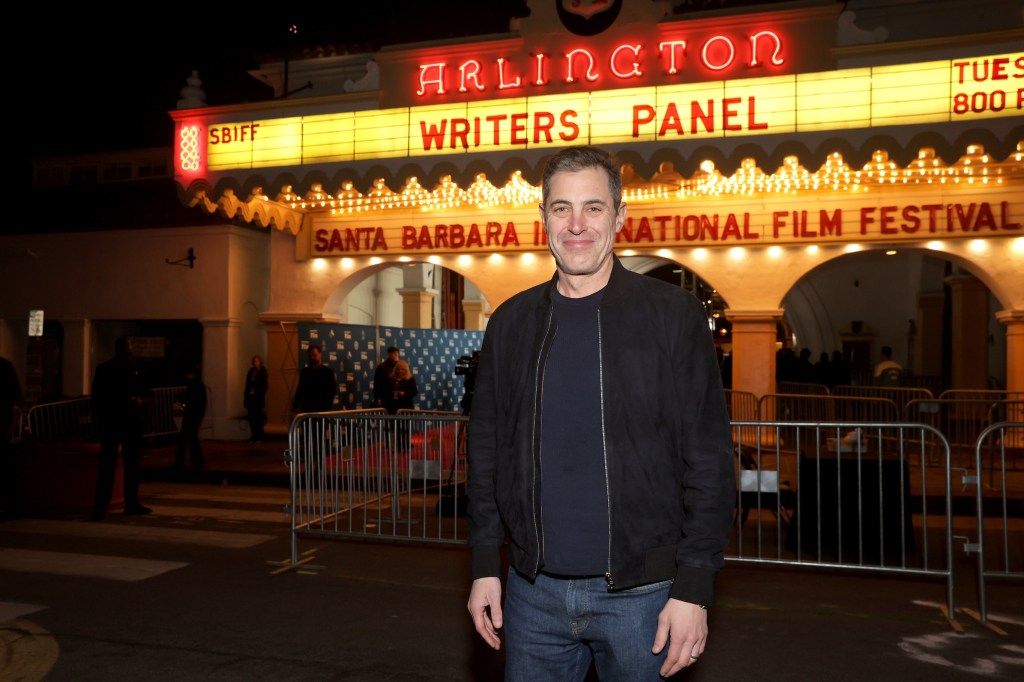
Already an Oscar winner for his screenplay for Spotlight, Josh Singer spoke at length about how long it took to get the Leonard Bernstein biopic Maestro (whose director-star Bradley Cooper was honored by SBIFF last week) finally up on the screen and that big time directors like Martin Scorsese (honored as SBIFF director of the year) and Steven Spielberg were previously attached to the project.
A journalist turned TV writer and then screenwriter and director, Cord Jefferson found the novel Erasure by Percival Everett, and got the rights to adapt it to what became the film American Fiction (which is nominated for a Best Picture Oscar as well as screenplay). Not bad for his first produced film as both director and a writer!
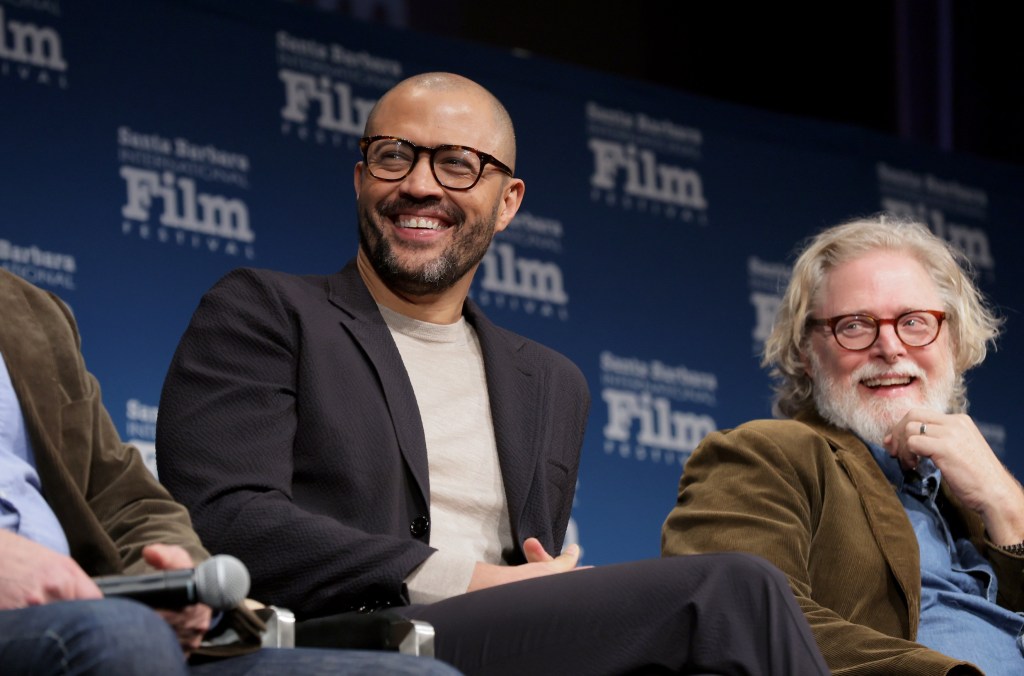
“This is the only thing that I’ve done in this business because I was purely passionate about it,” said Jefferson, whose star Jeffrey Wright was honored with the Montecito Award by SBIFF on Feb. 16. “I knew that to give it away [and not direct it] would be like giving away a limb.”
When Jefferson described his working style as waking up at 6 a.m. and not getting out of bed, just immediately opening up his computer and working and bouncing between six different projects at once then “eating a salad over the sink in my underwear,” it got a big laugh.
Describing his work on his first produced screenplay, The Holdovers (whose star Paul Giamatti was feted by SBIFF on Valentine’s Day), Dave Hemingson — a veteran of a 28-year career as a TV writer and producer, whose resume includes shows like Just Shoot Me!, The Catch, and Don’t Trust the B—- in Apartment 23 — said he got a cold call from Oscar winning director Alexander Payne that kicked it off. “I thought I was being punked,” he said. “I almost said, f%k off.”
Hemingson unknowingly caught Payne’s attention with a TV spec script set in a boarding school like The Holdovers is, and described their process of working together as “laying down mile markers” or story beats and then writing and revising over and over again, using an analogy of mowing the lawn with a manual mower.
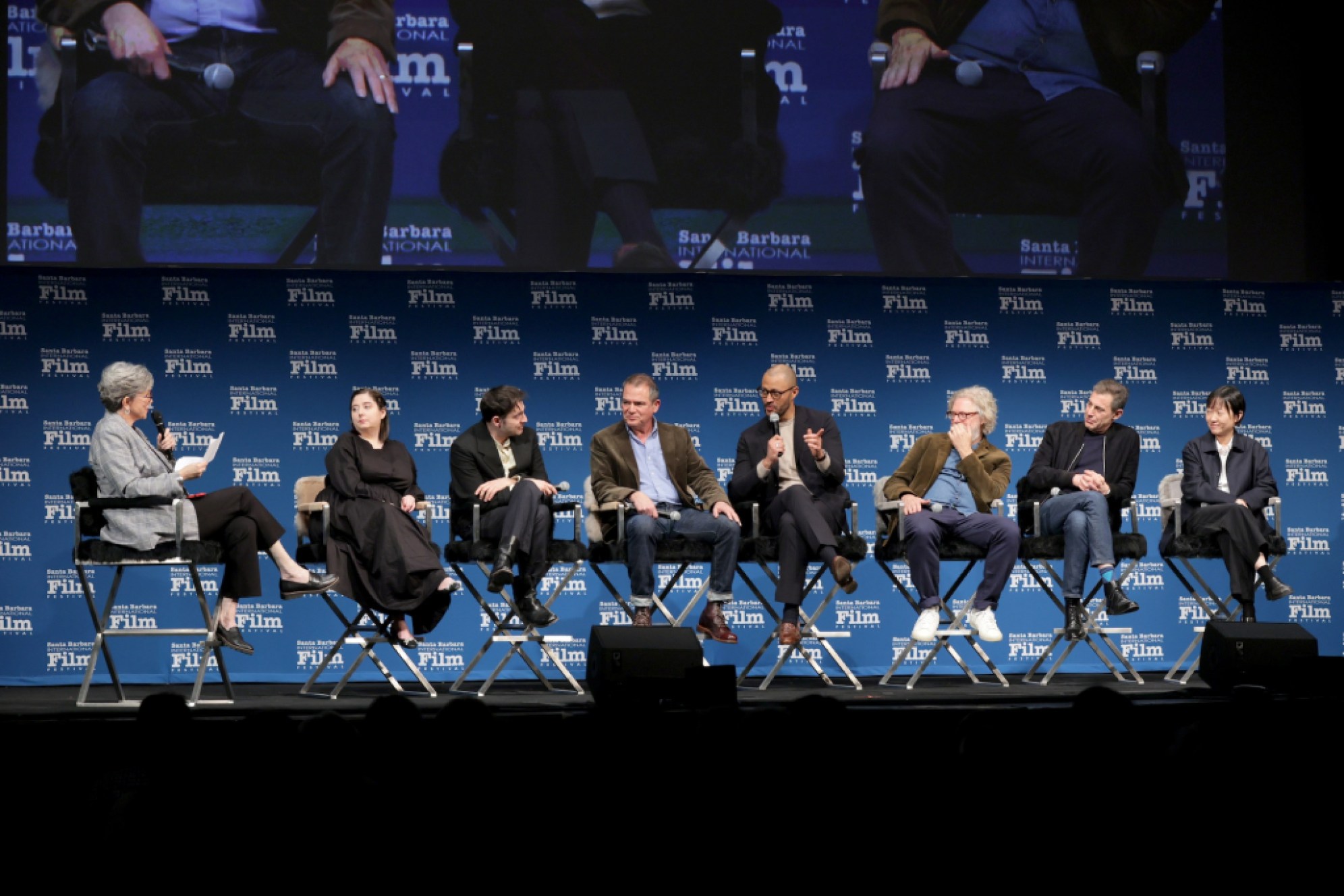
Writing process is always an interesting topic at these things and Samy Burch’s confession — “I write a lot in the middle of the night. I eat a lot of candy, it’s not healthy” — drew a lot of laughs.
Writer-director Celine Song’s story about writing the somewhat autobiographical script for Past Lives, “in both English and Korean, because the film is really about people trying to speak to each other in different languages,” drew pure admiration. The star of Song’s film, Greta Lee, was also feted at the Virtuosos Awards, sharing her love of the script by saying, “I don’t know when I’ve seen an Asian American movie with a woman’s face on screen for so long and so close up. This script was so striking for so many reasons. Both small, urgent, and necessary. Like everything I had been searching for all my life.”
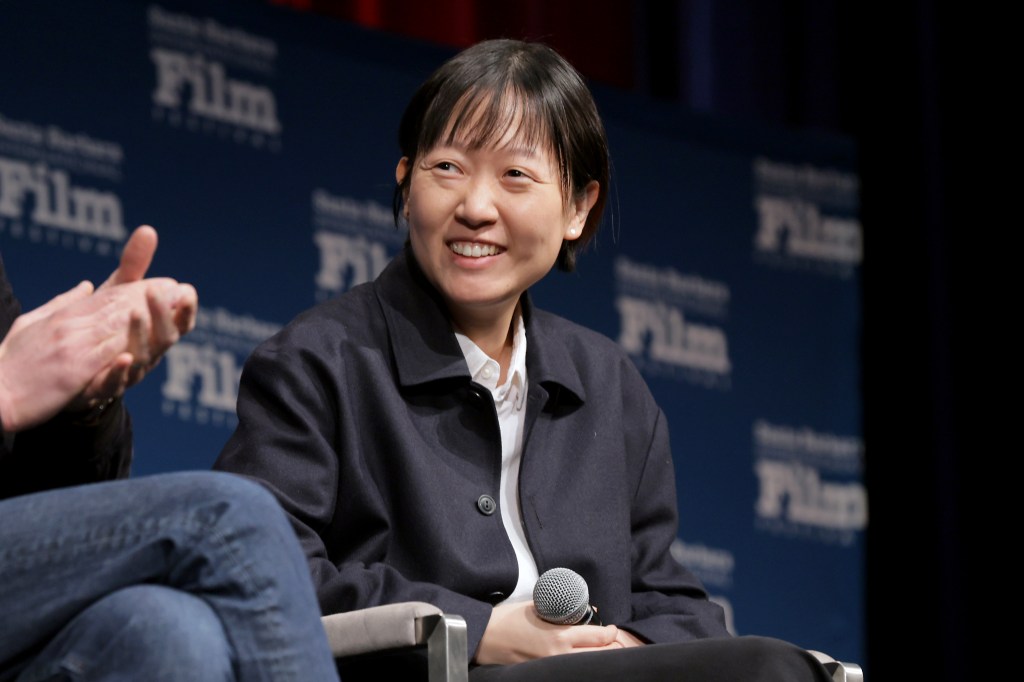
Poor Things writer Tony McNamara — whose star Mark Ruffalo was honored on Sunday with the American Riviera Award — hilariously described his work on the film (as well his prior collaboration with director Yorgos Lanthimos on the Oscar-nominated film The Favourite, which also featured Poor Things star Emma Stone) as “writing bits of dialogue and bits of structure for long periods of 40 minutes a day.” Adding, “It’s just lots of mess and I’ll pull it into some kind of thing.”
“Things sit on what I call the ‘maybe pile’ for a long time,” said Celine Song. It’s definitely not a business for the faint of heart. As Josh Singer said of the long roads that many of his projects have taken to make it to the big screen, “Every movie dies a thousand deaths.”
And if we’re lucky enough, they live to rise again in films as good as the ones we saw from this group.
Please note this login is to submit events or press releases. Use this page here to login for your Independent subscription
Not a member? Sign up here.
You must be logged in to post a comment.